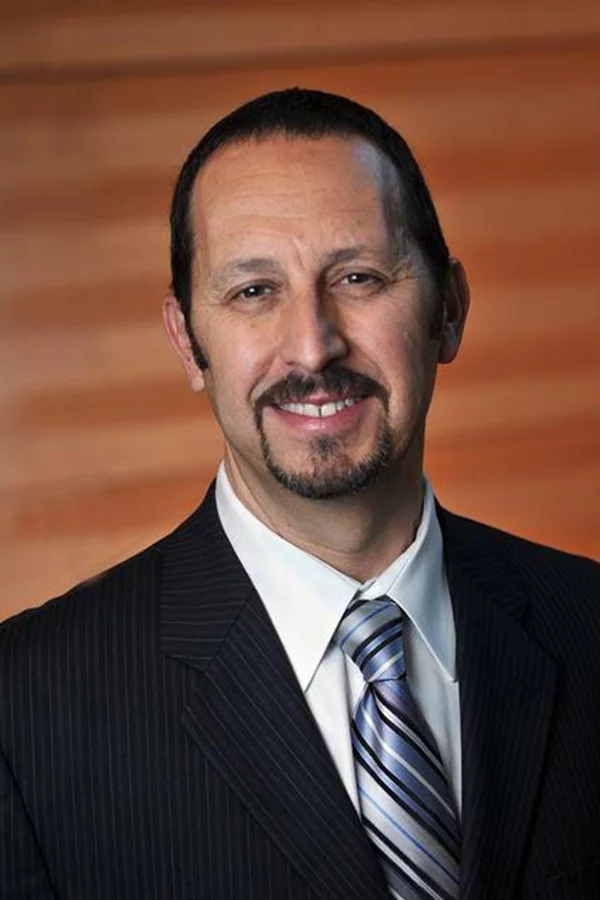LASIK
Beautifully clear vision



What does LASIK involve?
LASIK is a fairly quick outpatient surgery, done right in our own laser suite. You will be able to return home the very same day as your surgery, and recovery time is usually minimal.
Before you can undergo LASIK surgery, you must first have a consultation with your surgeon. During your LASIK consultation, our team of LASIK surgeons will carefully evaluate your medical history and take measurements of your eyes to see if you are a good candidate for the LASIK procedure. To determine the best treatment for your eyesight, we will:
- Assess the stability of your condition.
- Examine your cornea and retina.
- Take corneal measurements.
- Test for glaucoma.
Be sure to tell your doctor if you have any pre-existing health conditions, are pregnant or nursing, have eye conditions such as dry eyes or glaucoma, or if you have a family history for eye disease.
If you are a good candidate and decide to go forward with LASIK surgery, you will receive some instructions on how to prepare. For instance, if you currently wear contacts, you will have to stop wearing them for a week or more before the surgery.
During LASIK surgery, your expert eye surgeon will precisely reshape your cornea to correct for refractive errors and give you excellent vision. First, your surgeon will use a special tool, called a microkeratome, to create a small corneal flap that is raised to expose the underlying tissue. Then, your surgeon will use an excimer (ultraviolet) laser to precisely reshape your cornea so that light rays are focused clearly on your retina again. Finally, the flap will be returned to its original place.
LASIK eye surgery is a minimally invasive surgical procedure; it involves no stitches or bandages, and discomfort is generally minimal. After your surgery, you should arrange for someone to drive you home, as you will not be able to operate a vehicle yourself. You may initially feel some eye dryness or discomfort, but these side effects are temporary and should subside within days. Best of all, your reshaped cornea will be better able to focus on images coming from the outside world, leaving you with beautifully clear vision.
Things to Know about LASIK
LASIK eye surgery is a safe and commonly performed procedure.
Most people experience minimal discomfort during and immediately after the LASIK procedure. However, as with all surgeries, there can be complications. LASIK complications may include:
- Dry Eyes: following LASIK surgery, you may experience dry eyes for several days while your cornea heals. However, some people may develop chronic dryness. Let your eye doctor know if you experience dry eyes during your LASIK consultation.
- Halos or Glare: some people may see halos or glares around bright lights for a week after surgery. This vision problem is usually temporary.
- Flap Complications: the flap created during as part of the LASIK procedure may slip, fold back or heal incorrectly. These complications may require additional correction by an eye surgeon. However, the incidence of these complications is low, especially when LASIK treatment is carried out by an experienced surgeon.
People who have undergone LASIK surgery may still need glasses later on in life. As people get older, eyesight tends to deteriorate as part of the aging process. This is called presbyopia, and it happens because as the eye ages, it loses the ability to focus clearly on close objects. This can usually be corrected with reading glasses. If you undergo LASIK eye surgery, you will still experience presbyopia as you age. Depending on the severity, you may have to rely on glasses or contacts later on in life for vision correction.
Your eyes may need something else
Keep in mind that every eye is different, and you may not be a candidate for LASIK. You might need a different type of vision correction procedure, which we also perform :

- PRK or photorefractive keratectomy: another type of laser eye surgery. Rather than creating a corneal flap, the surgeon scrapes away the thin outermost layer of the cornea (the epithelium) and then uses an excimer laser to reshape the corneal tissue. This type of laser vision correction may be better suited for people with thin corneas
- Epi-LASIK or epithelial LASIK: this is another type of refractive surgery. The eye surgeon first pulls back the corneal epithelium and then uses a laser to precisely remove and smooth the underlying cornea with an excimer laser
- Intraocular contact lens (ICL): this is a non-laser procedure that is routinely performed for patients with cataracts. It involves removing your eye’s lens and replacing it with an artificial one. Your lens is located within your eye, and it acts to bend and focus incoming light before it strikes the retina, the light-sensitive part of your eye, to produce sight. This option may be beneficial for older adults who may need cataract surgery in the future.
Laser eye surgery is best suited for people who have healthy eyes with only a moderate refractive error. Factors such as the shape of your eye or the thickness of your cornea help show us which type of surgery is best for you.
Your doctor will also thoroughly review your medical history with you to make sure you have no other risk factors.

You’ll love our unique treatment
Unlike most other LASIK providers, we use a team approach and double case review—two of our doctors review your medical information—to make sure you receive tailored treatment that’s exactly right for your eyes. Our LASIK specialists have completed extensive additional training to become the most renowned and experienced LASIK surgeons in the region. They are leaders in their field, known for diagnosing and treating the most complicated refractive cases.
You simply won’t find this expertise and these choices at all LASIK centers, so come see us when you’re ready to permanently improve your eyesight.
LASIK
Michael J. Taravella, MD, Ophthalmologist | UCHealth
Make an appointment at one of our Eye Centers
Your eyes are in good hands

111 invention disclosures

40 active clinical trials

14 issued patents

4 “Inventors of the Year”















